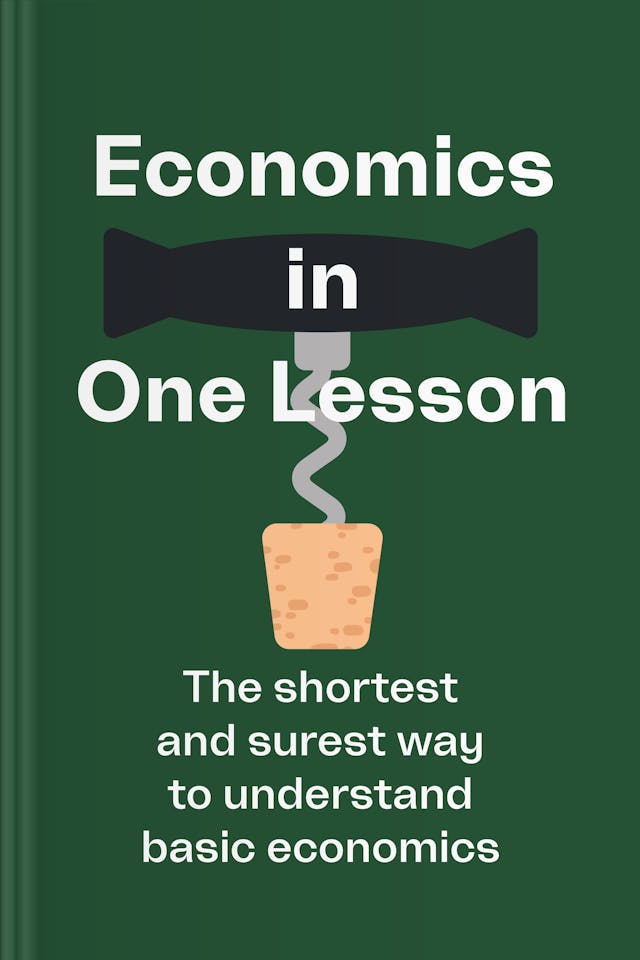You’ll learn
- Why unseen makes the economics
- How do fair policies benefit everyone
- What's the truth behind job creation
- Why are private loans a smarter choice
Protect the world’s peace. Donate to support Ukraine

first KEY POINT
Economics is probably the most misunderstood field in the world. Even acclaimed experts on the subject still struggle to understand certain aspects of it. The dynamic nature of the subject makes it so, and it even gets worse because economics affects our greedy nature more than anything else. It's easy to study physics or maths or art without having it interfere with your emotions, but it's hard to make economic policies without looking to cut some material benefits for you or the group you represent.The interference of selfish interests accounts for why economic policies are constantly changing. If you study the economic history of your country, you will find that different policies have been enacted over time and most of these policies favor one group of the country while other groups suffer greatly from it.
A very important metric for determining a good economic policy is its long term effect. You know a good or bad economist from the way he or she analyzes a policy. A bad economist sees only the short term benefits of a policy, but a good economist is able to analyze both the short and long term benefits of a policy then make his judgment based on his findings.As complex as it may seem, economics can be reduced to just one single lesson and that's what has been discussed in this chapter. To reiterate, when making economic policies, don't just consider the immediate benefits, look at the long term effects; and if the long term effects are good, verify to be sure they don't just favor one single group, but all groups.Did you know? Many classical economists made the mistake of focusing on just the long term benefits of their policies and it resulted in so many negativities. Economic policies must be beneficial both in the short and long terms.
second KEY POINT
Have you heard of the broken glass fallacy? It was first introduced in 1850 by economist Frédéric Bastiat in his essay titled “Ce qu'on voit et ce qu'on ne voit pas” (“That Which We See and That Which We Do Not See”).He used the essay to illustrate that the money people spend to recover from damage doesn't add any value to society. His broken glass parable was quite popular in the 19th and 20th centuries. Many versions of it have been told but the underlying lesson still remains the same. Imagine that a young boy was playing and he mistakenly threw a stone that broke a storekeeper's glass. It's a disaster but since the boy did it unintentionally, the storekeeper decides to pardon him. But he still has his glass to fix — something he didn't budget for. It's obviously a loss on his part since he didn't budget for it but the glazier gains because he would make profit from fixing the broken glass. The underlying question is this: is the broken glass scenario a blessing simply because someone gains from it?Many people — some economists included — believe it's an addition to society's wealth because the glazier gets a new customer. But this isn't so. It's actually a loss because the shopkeeper is using money he definitely budgeted for something else. Let's imagine it costs $200 to fix the window and he wanted to use that money to buy foodstuff. He would have had his store intact and his kitchen full of food items, but now it's not possible. He has to forgo stocking his kitchen to fix his shop, so it's definitely a loss.The storekeeper's demand increased due to damage, but nothing happened to his purchasing power.

Continue reading with Headway app
Continue readingfirst KEY POINT
second KEY POINT
third KEY POINT
fourth KEY POINT